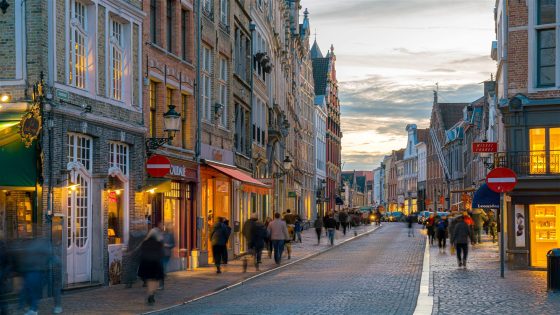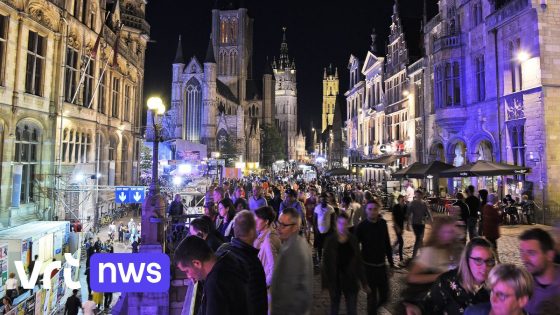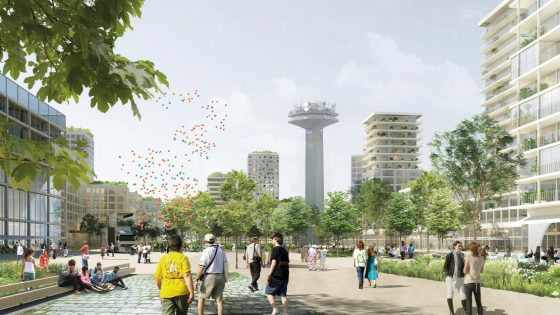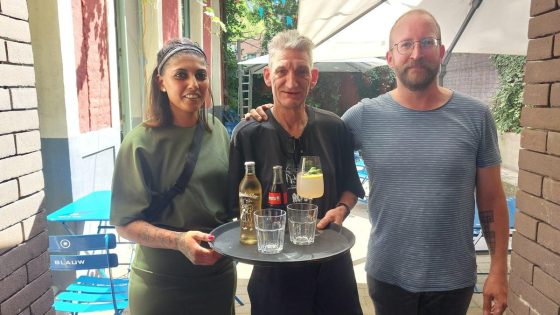Tourism in Bruges remains a vital part of the city’s economy, attracting millions of visitors annually—far surpassing the number of local residents. As of 2025-07-30 16:01:00, the city faces growing concerns about the impact of over-tourism on its infrastructure and the daily lives of its inhabitants. How can Bruges balance its historic charm with the pressures of mass tourism?
- Brugge ontvangt jaarlijks miljoenen toeristen.
- Toerisme belast infrastructuur en dagelijks leven.
- Beperk bouw nieuwe hotels en verhuur.
- Heft belastingen op cruiseschepen en bussen.
- Stimuleer toeristen langer verblijf en uitgaven.
- Zoek duurzaam evenwicht tussen toerisme en behoud.
Bruges has introduced new measures to manage this influx, including restrictions on hotel construction and potential taxes on cruise ships and tourist buses. These steps aim to encourage longer stays and greater spending within the local economy. But will these efforts be enough to protect the city’s cultural heritage while supporting its tourism industry?
Understanding the challenges Bruges faces offers insight into a wider European struggle to sustain tourism without sacrificing quality of life. The question remains: can Bruges find a sustainable path forward that benefits both visitors and residents alike?
Bruges’ approach highlights the complexity of managing a top European destination. The city’s strategy reflects a growing trend to balance economic benefits with social and environmental costs. Key points include:
- Annual tourist numbers reach around 8 million, stressing local infrastructure.
- Measures focus on reducing short-term visitors and promoting longer stays.
- Taxes on cruise ships and buses are intended to fund sustainable tourism efforts.
- Similar challenges are seen in cities like Venice and Barcelona, showing a shared European concern.
Looking ahead, Bruges must continue innovating to protect its unique character while welcoming tourists. Will these new policies inspire other Belgian cities to adopt sustainable tourism practices? The future depends on thoughtful collaboration between authorities, residents, and visitors.

































